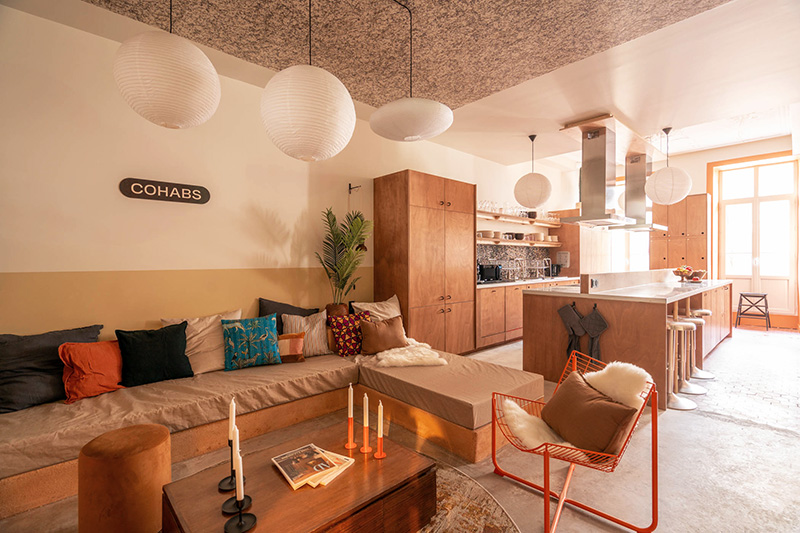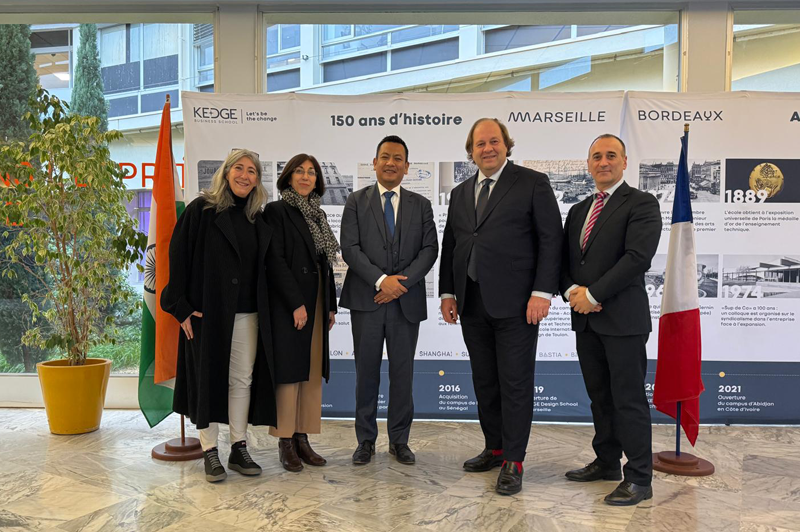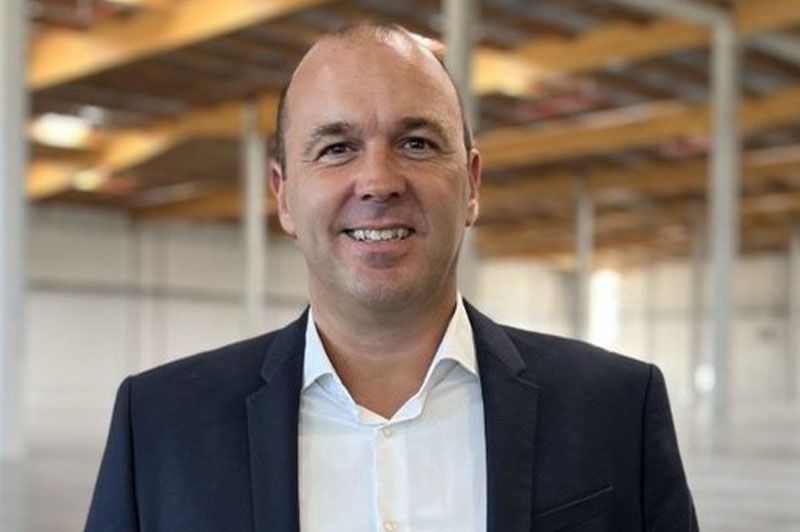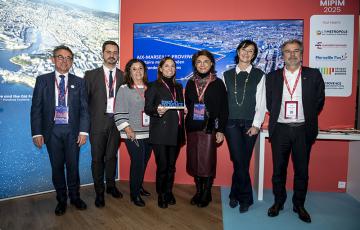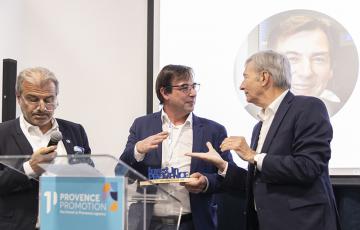When Chinese wholesalers make Marseille a global hub for textiles
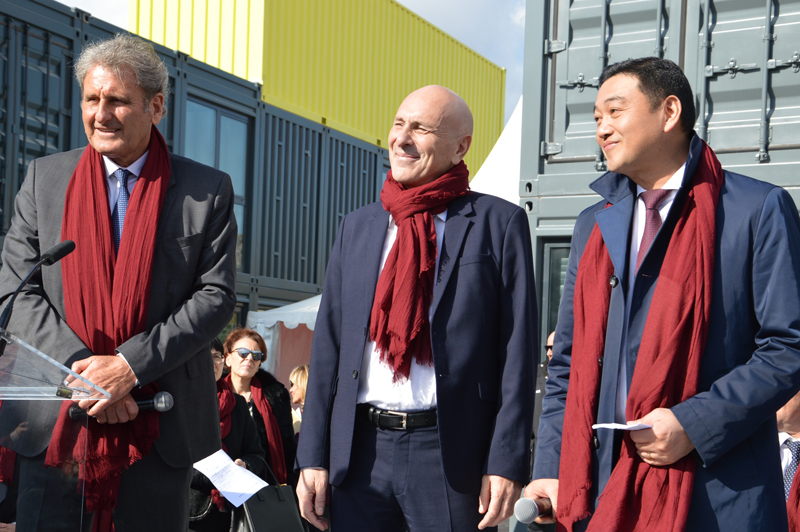
France’s second largest wholesale center with €17-million investment.
Since February 19th, Marseille has been home to a wholesale market reserved for professionals in the textiles and leather goods industries. With 80 stores open in 2018 out of a total of 200 expected upon completion of the program, the Marseille International Fashion Center, MIF 68, ranks up there with that of Aubervilliers. As France’s second largest wholesale center, it is also the biggest in southern Europe, attracting traders from both Prato and Algiers. This €17-million investment was financed by the property developer Résiliance. It has appointed Marseille’s Chinese retailers’ association to manage this 27-hectare site. From the outset, they designed the MIF to be a hub for trade with the Mediterranean countries and to clearly establish Marseille’s position as a key point along the silk routes.
“When I arrived in Marseille thirty years ago, I was really impressed as a wholesaler by the city and its geographical location, which was perfect for selling Southern fashion all around the Mediterranean. I was the first person of Chinese origin to have opened a wholesale store in Marseille”, explained Dingguo Chen, president of Marseille’s Chinese wholesalers’ association and manager of the Marseille International Fashion Center. Officially opened on February 19th, 2018, the MIF 68's business premises have been converted out of 624 multicolored containers in rows, specially manufactured in China.
Situated on the ZAC de Saint-André urban development zone opposite the Grand Littoral shopping mall, it enjoys an ideal strategic location. This wholesale market is just an hour by road from the Fos freight terminals, where containers of textiles imported from China are unloaded, and only two kilometers from Marseille’s eastern basins, where cargo ships from the Maghreb, Africa and the Middle East come to dock. According to MIF 68’s developers, textile exports to the southern Mediterranean will generate almost a third of the sales.
“All textile wholesalers will find what they need here. The MIF 68 will enable them to discover new collections and purchase stock in a unique and easily accessible facility” added Dingguo Chen.
A southern European hub on the Silk Roads
“Marseille has all the advantages required to become a southern European hub on the Silk Roads”, stressed Résiliance’s president, Xavier Giocanti, during the inauguration of MIF 68, fully in keeping with Chinese tradition.
This event was held a month after the announcement by the Chinese company Quechen that it had chosen to continue exclusive negotiations with the port of Marseille-Fos after a hard-fought competition between 28 European sites. This family-owned group will be investing €105 million in Fos to create a European R&D center and a factory to produce silica, which is used in the production of ‘green tires’. This future investment results from the involvement of the local authorities, the port of Marseille-Fos and the company Kem One, which will be hosting Quechen on its site. The project was managed from the outset by Provence Promotion. This metropolitan agency operates as a gateway to Aix-Marseille-Provence for foreign investors.
Already long-established, business relationships with China have intensified over the last few years. China is the port of Marseille’s leading client with annual traffic levels of 400,000 containers TEU. Although links between the shipping giants CMA CGM and Cosco Shipping Lines already go back a long way, other small and medium-sized firms from Provence are also being swept along in their wake. La Savonnerie du Midi and l’Occitane (for whom China accounts for 21% of sales) are anticipating incredible opportunities for their products. Chinese investors have also invested in around thirty local companies, including Wiko, Pétroineos and Moteurs Baudouin, acquired in 2009 by the Weichai group.



 +33 4 96 11 60 00
+33 4 96 11 60 00





